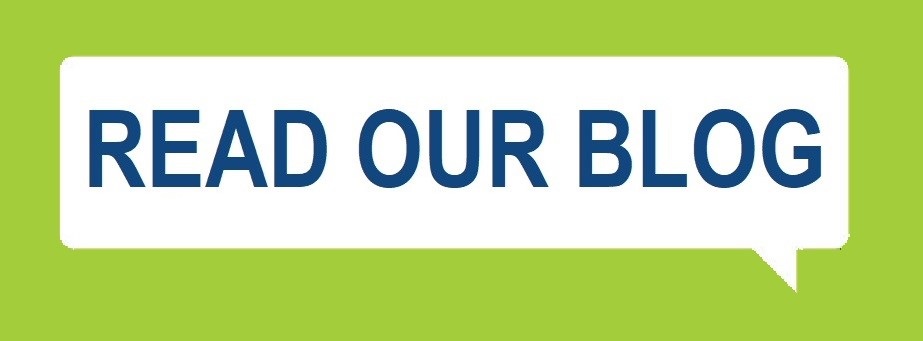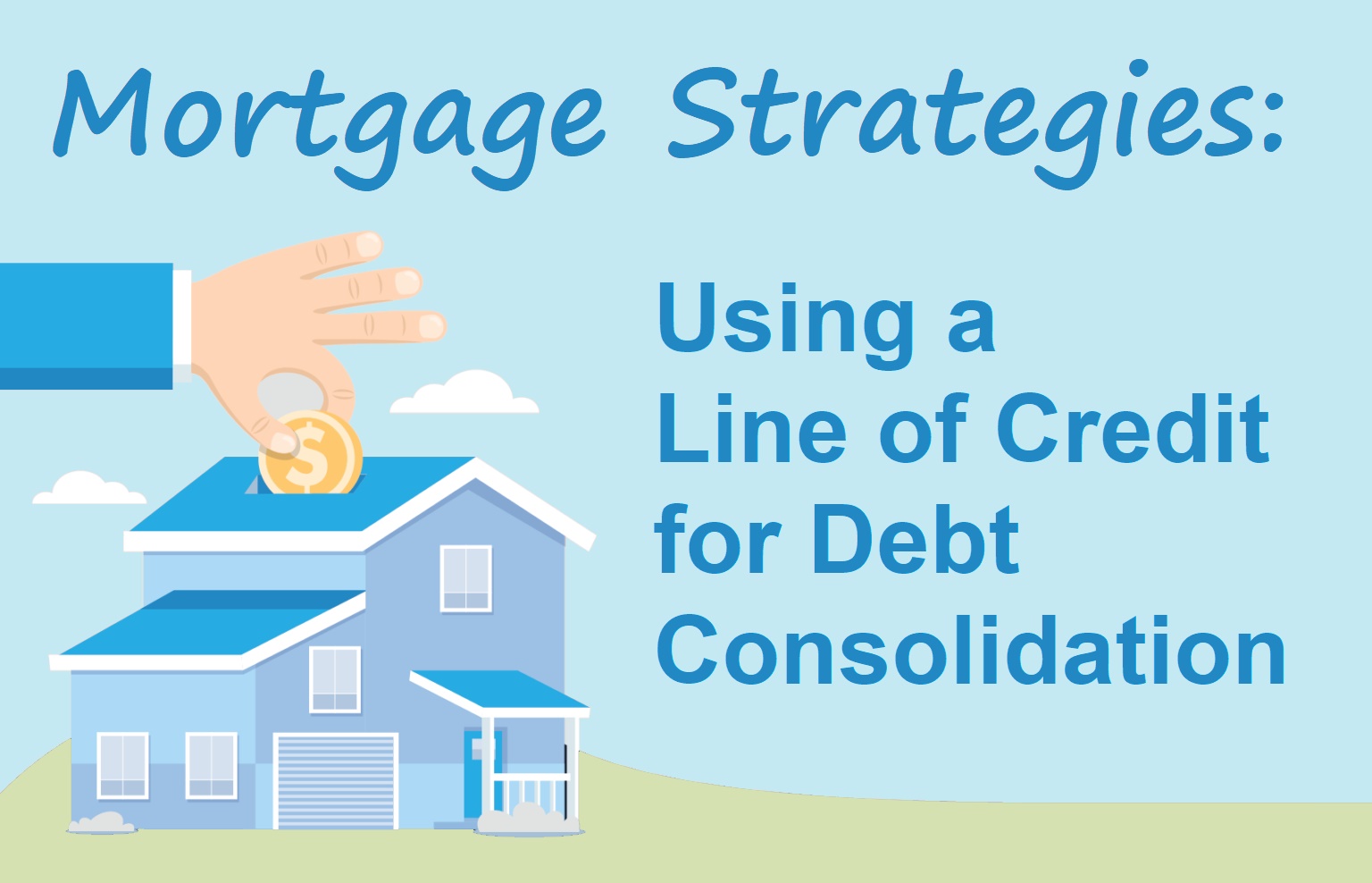
Mortgage Strategies: Using a Line of Credit for Debt Consolidation
July 9, 2024 | Posted by: Keith Leighton

Mortgage Strategies: Using a Line of Credit for Debt Consolidation
A strategic approach that can help individuals manage and reduce their overall debt burden is by using a line of credit for debt consolidation. This method involves taking out a line of credit to pay off multiple debts, thereby consolidating them into a single, more manageable monthly payment. Here are some strategies and considerations for using a line of credit effectively for debt consolidation.
Understanding Lines of Credit
A line of credit is a flexible loan from a financial institution that allows borrowers to draw funds up to a pre-approved limit. Unlike a traditional loan, you only pay interest on the amount you borrow, not the entire credit limit. There are two main types of lines of credit in Canada: secured and unsecured. A secured line of credit, such as a home equity line of credit (HELOC), uses your home as collateral and typically offers lower interest rates. An unsecured line of credit doesn’t require collateral but usually comes with higher interest rates.
Benefits of Debt Consolidation
Debt consolidation can simplify your finances by combining multiple debts into a single payment. This approach can also potentially lower your interest rates, especially if you’re consolidating high-interest debts like credit cards or payday loans. By reducing the number of payments and lowering interest rates, you can save money in the long run and pay off your debt faster.
Strategies for Using a Line of Credit
1. Evaluate Your Debt Situation: Before applying for a line of credit, assess your current debt situation. Calculate the total amount of debt you want to consolidate and compare the interest rates of your existing debts with the rate offered on the line of credit. This will help you determine if consolidation will be beneficial.
2. Choose the Right Type of Line of Credit: If you have significant equity in your home, a HELOC might be the best option due to its lower interest rates. For those without home equity or who prefer not to use their home as collateral, an unsecured line of credit may be more suitable, albeit with higher interest rates.
3. Create a Repayment Plan: Once you have a line of credit, create a realistic repayment plan. Treat the line of credit like any other loan and make consistent payments to reduce the principal amount. Avoid the temptation to make only the minimum payments, as this will extend the repayment period and increase the total interest paid.
4. Avoid Accumulating New Debt: One of the risks of using a line of credit for debt consolidation is the potential to accumulate new debt. After consolidating your existing debts, it’s crucial to avoid taking on new high-interest debt. Implement a budget and financial discipline to ensure you don’t fall back into the cycle of debt.
5. Monitor Your Credit Score: Using a line of credit responsibly can positively impact your credit score. Make timely payments and keep the utilization rate of your line of credit low. A higher credit score can qualify you for better interest rates and terms in the future.
Potential Risks
While using a line of credit for debt consolidation has many advantages, it also carries risks. If you fail to make payments on a secured line of credit, you could lose your home. Additionally, consolidating debt doesn’t address the underlying causes of financial issues, such as overspending or inadequate budgeting. It’s essential to combine debt consolidation with sound financial habits.
Conclusion
Using a line of credit for debt consolidation can be an effective strategy for managing and reducing debt. By carefully evaluating your debt situation, choosing the right type of line of credit, creating a solid repayment plan, and maintaining financial discipline, you can take control of your finances and work towards a debt-free future. However, it’s important to be aware of the risks and ensure that debt consolidation is part of a broader financial strategy that includes budgeting and responsible spending. Call your DLC Ideal Mortgage expert for professional advice.
